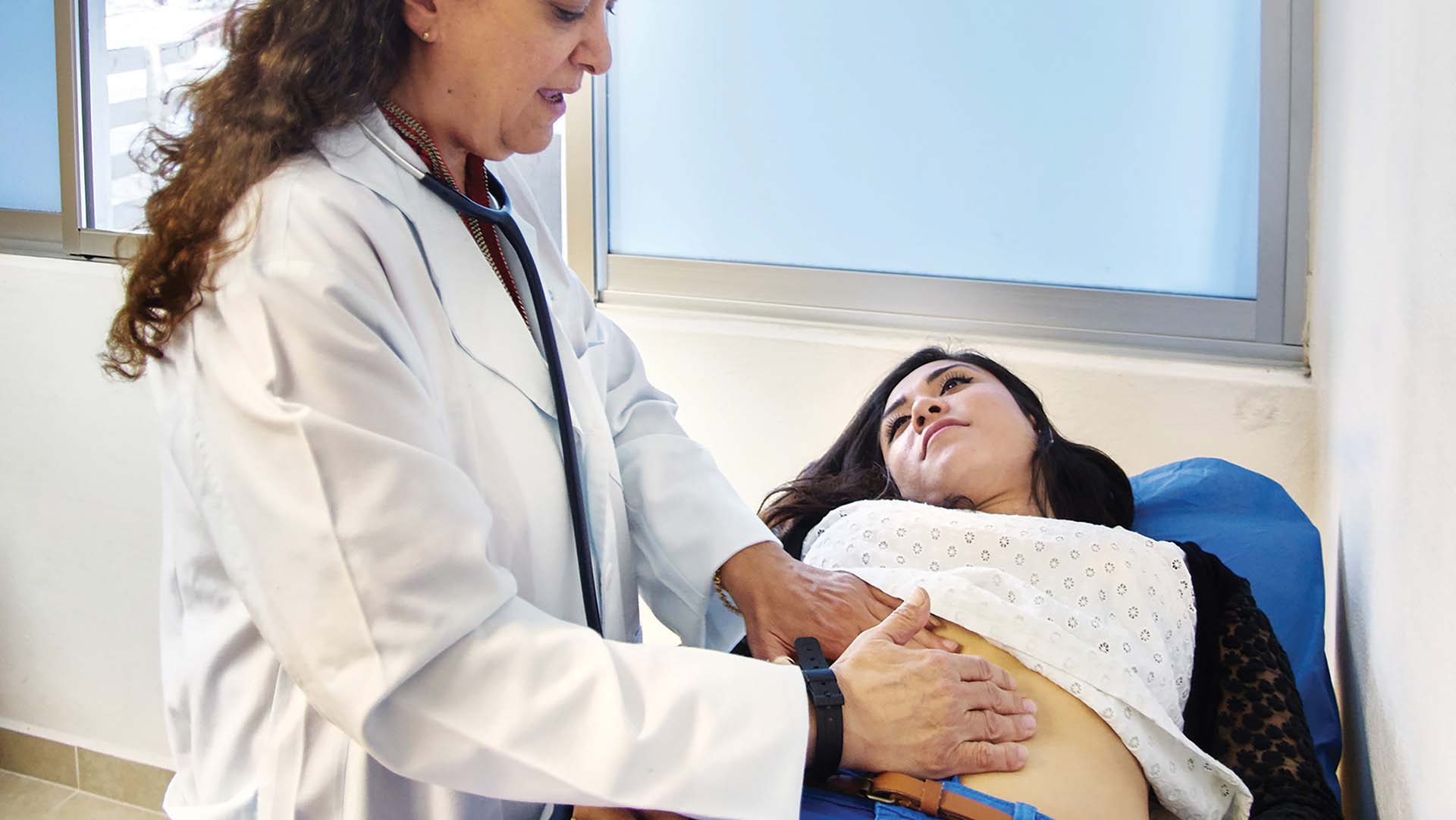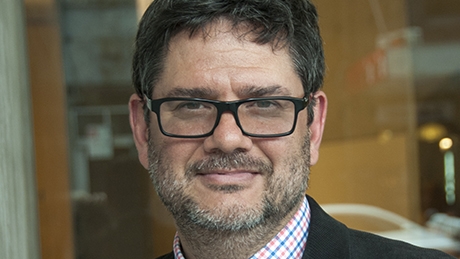-
Pancreatic cancer is the fifth most common cause of cancer-related death in Australia. It has one of the highest mortality rates of all cancers, and the devastatingly low five-year survival rate of just 6.8% hasn’t improved for 30 years.
And yet, only 15% of Australians are actually aware of the disease. This alarming lack of awareness was revealed in the inaugural Pancreatic Cancer Awareness Index, released by the Garvan Institute of Medical Research. The report confirms what we’ve already known on the research front for years – pancreatic cancer is not ranked in the minds of Australians as a cancer that needs to be prioritised for research.
Currently, the disease has no screening test and few treatment options. However, only 5% of Australians ranked pancreatic cancer as their number one choice for more research investment.
“The pancreas secretes enzymes that aid digestion, and hormones that help regulate the metabolism of sugars. It’s a very important organ. Without it, we couldn’t live.”
What does the pancreas actually do?
The Pancreatic Cancer Awareness Index found that more than 80% of people are uncertain of the exact function of the pancreas. Australians have a vague knowledge that the pancreas is involved in internal functions relating to digestion. 70% wrongly believe it helps the liver work better, while 62% think it helps the kidneys work better, 35% believe it helps the heart work better and 31% believe it helps brain function.
In fact, the pancreas secretes enzymes that aid digestion, and hormones that help regulate the metabolism of sugars. It’s a very important organ. Without it, we couldn’t live.
Signs and symptoms of pancreatic cancer
Not only were Australian’s unsure of the function of the pancreas, but 77% of people wrongly identified the signs and symptoms of the disease. Most people wrongly believed increased thirst (60%); trouble standing or sitting down (47%); difficulty swallowing (34%) and blurred vision (32%) are symptoms.
Actual signs and symptoms of pancreatic cancer may include:
- Upper abdominal pain
- Jaundice
- Loss of appetite
- Weight loss
- Depression
- Blood clots
Unfortunately, these symptoms may not appear until pancreatic cancer is already quite advanced and complete surgical removal is not possible.
Future research
Thanks to recent research, we now know that pancreatic cancer is, in fact, four distinct diseases, each of which responds differently to treatment. As we begin to understand more and more about an individual’s disease, we start to tailor specific drugs and treatments to people with pancreatic cancer, on an individual level.
Even though our knowledge of pancreatic cancer has increased significantly, it remains a deadly disease. More pancreatic cancer research, focusing on the disease from a genomic and molecular level, is essential. We also need better understanding of pancreatic cancer as a whole – including its symptoms and impact on the community.
Be aware of pancreatic cancer. If you’re concerned about your health, talk to your doctor.
Find out more about the Garvan Institute’s cancer research.
Pancreatic cancer: What you need to know

-
Eat for your eyes
Some of our favourite foods to help keep your eyes healthy.
-
How is ‘phubbing’ hurting your relationships?
Here’s how to stop phubbing and be more mindful of your phone habits, to help improve face to face interactions with your family and friends.
-
Are the winter blues real?
Simple ways to boost your mood in winter.
-
Mental fitness explained
Just as you work to strengthen your body, your mental health deserves attention and exercise too.
-
The link between stress, anxiety and jaw pain
Physiotherapist Michael Chan explains how stress and anxiety can cause jaw pain, and how to help get some relief.
-
When you can't sleep next to your partner
You love everything about them – except their sleep habits.
Subscribe to receive the best from Live Better every week. Healthy recipes, exercise tips and activities, offers and promotions – everything to help you eat, move and feel better.
By clicking sign up I understand and agree to Medibank's privacy policy





.jpg)
